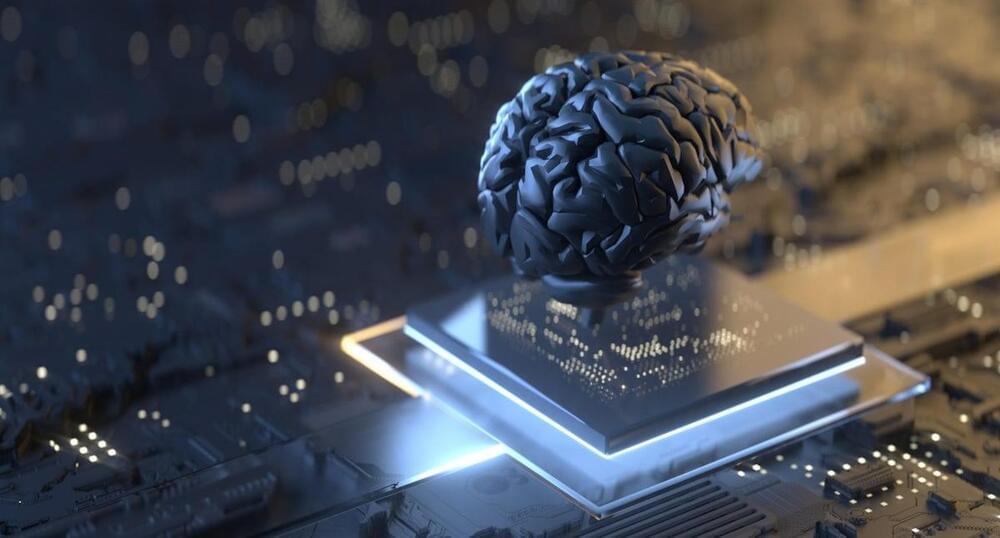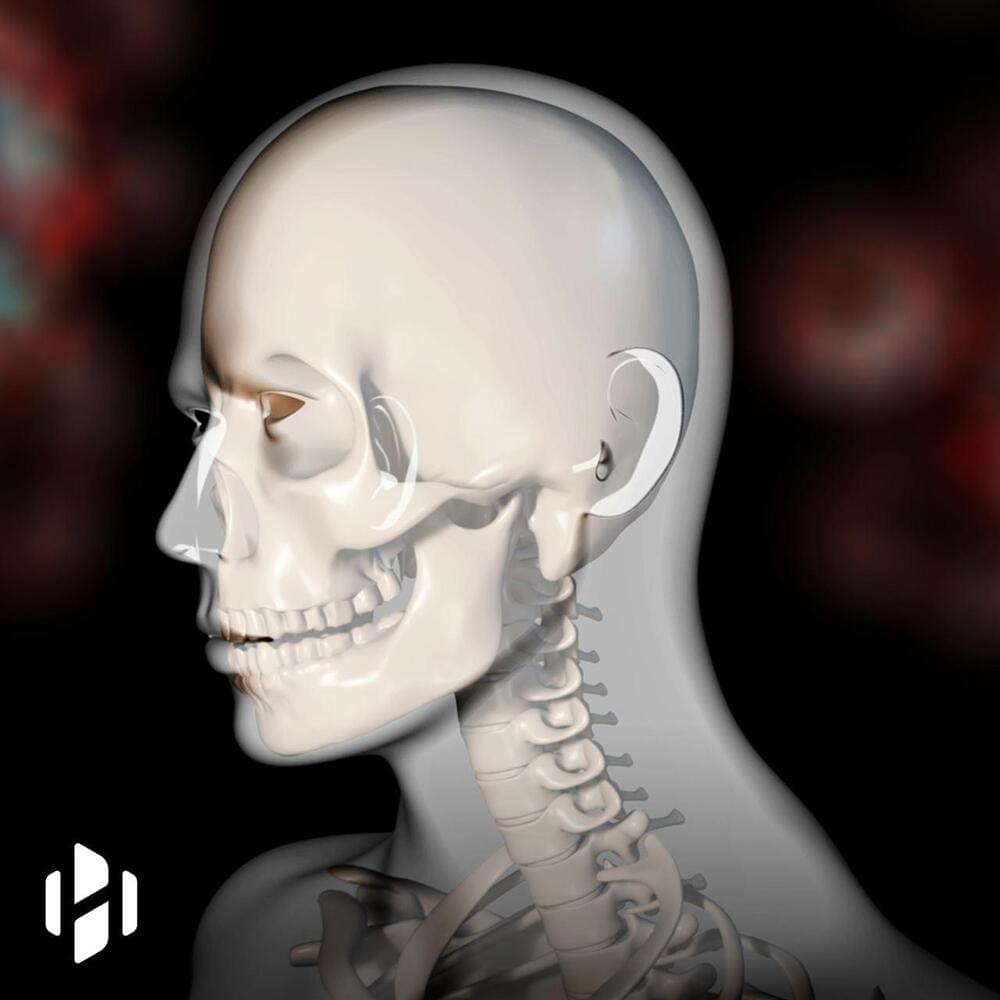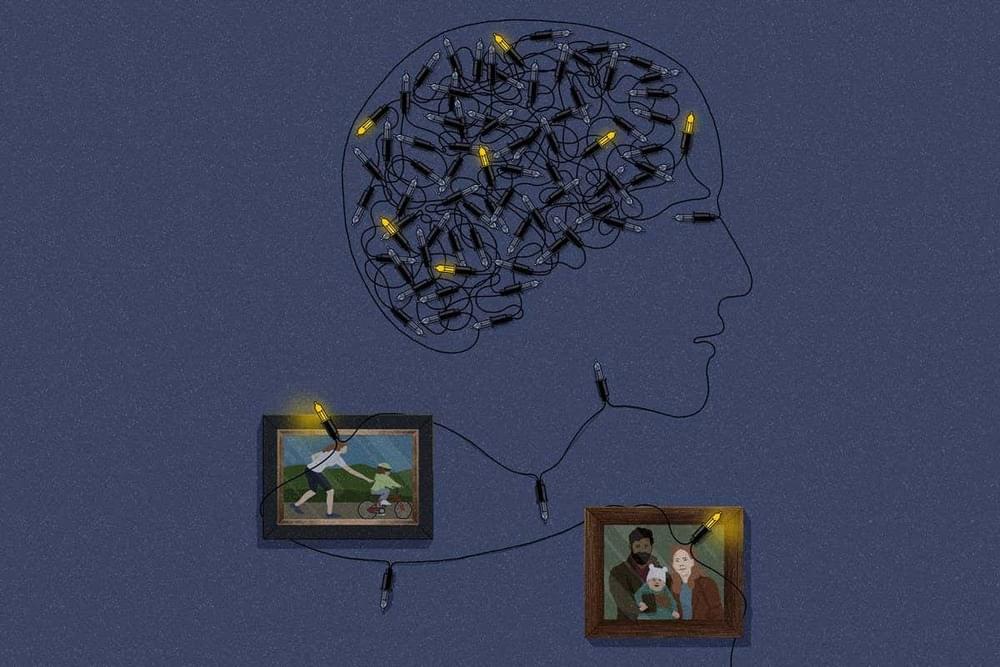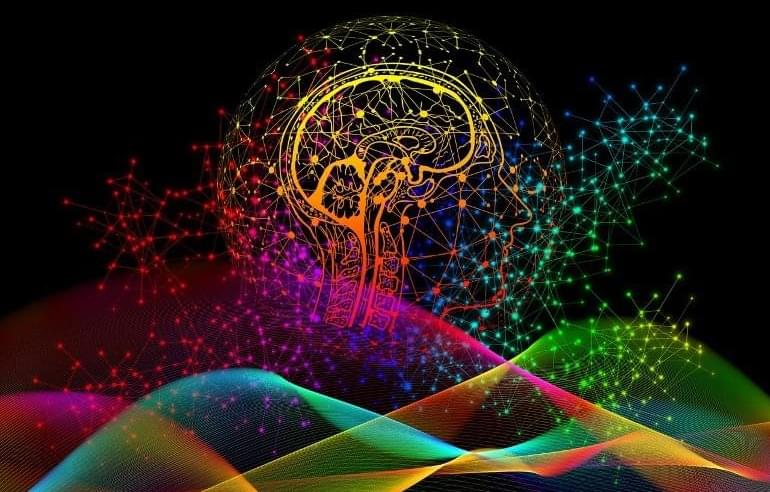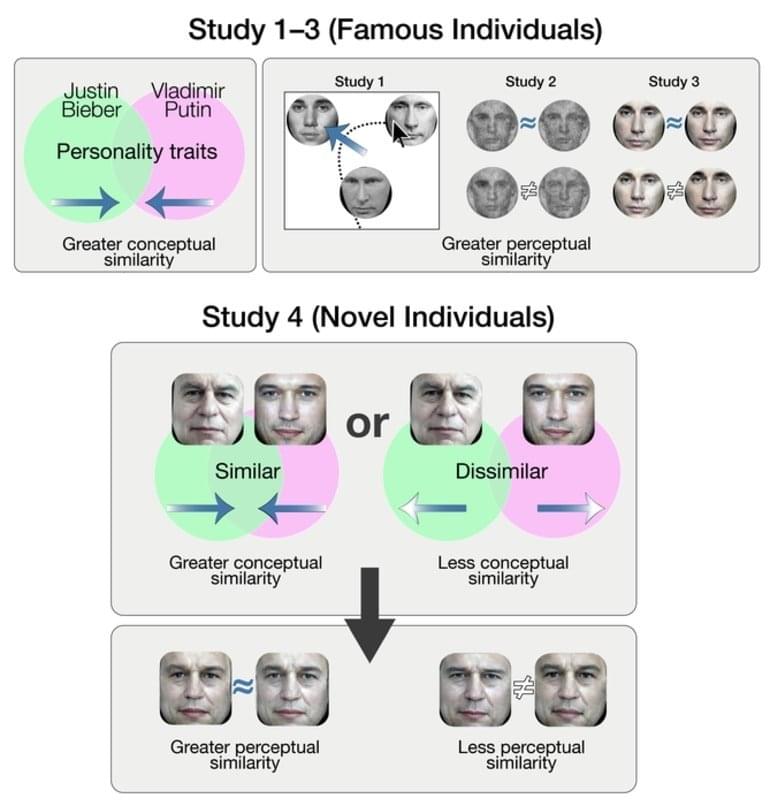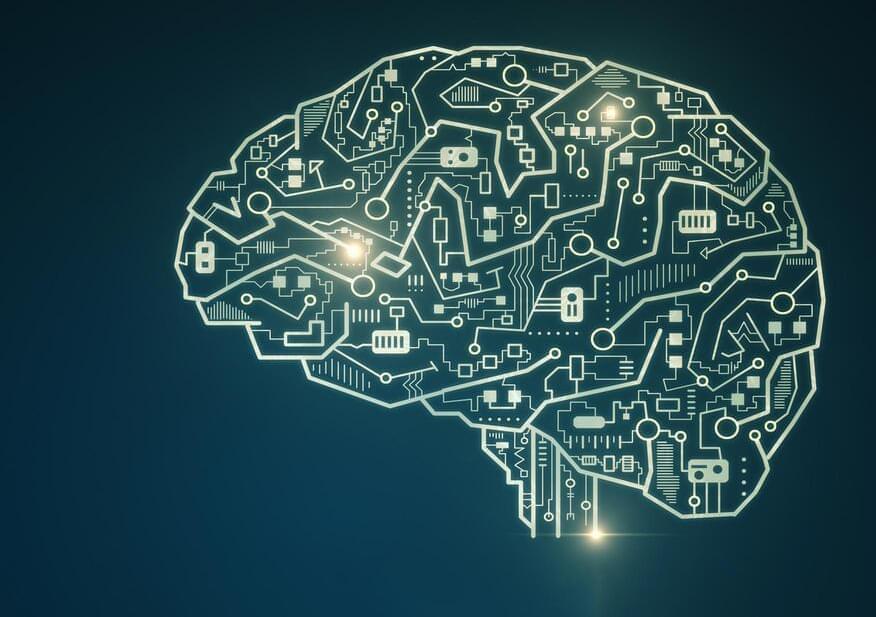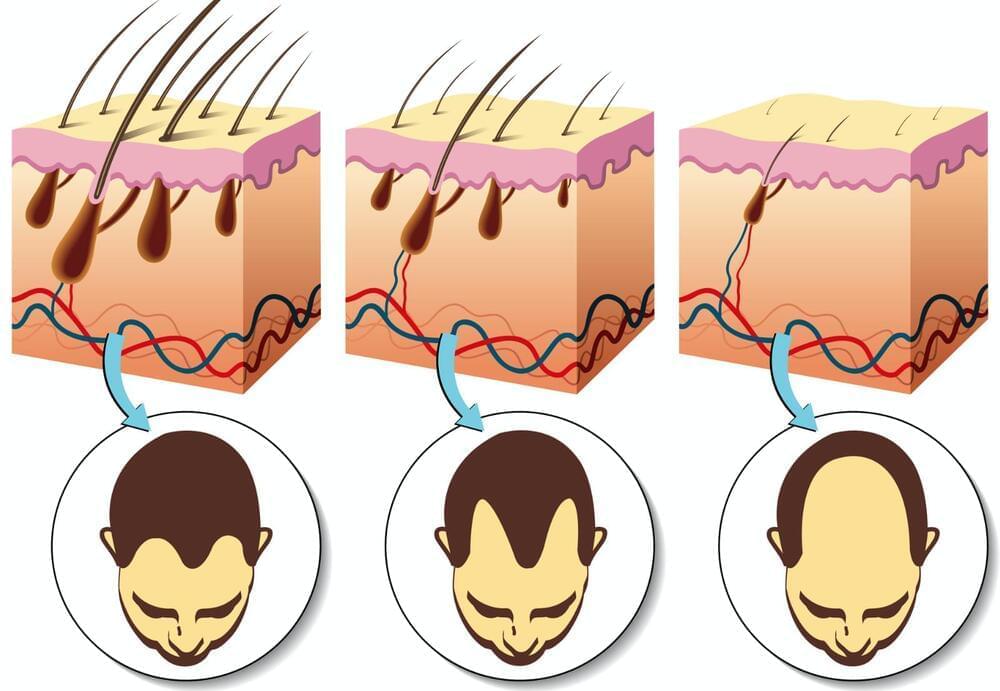The ultimate goal of neuroscience is to learn how the human brain gives rise to human intelligence and what it means to be intelligent. Understanding how the brain works is considered one of humanity’s greatest challenges.
Jeff Hawkins thinks that the reality we perceive is a kind of simulation, a hallucination, a confabulation. He thinks that our brains are a model reality based on thousands of information streams originating from the sensors in our body. Critically — Hawkins doesn’t think there is just one model but rather; thousands.
Jeff has just released his new book, A thousand brains: a new theory of intelligence. It’s an inspiring and well-written book and I hope after watching this show; you will be inspired to read it too.
Pod version: https://anchor.fm/machinelearningstreettalk/episodes/59—Je…ry-e16sb64
https://numenta.com/a-thousand-brains-by-jeff-hawkins/
https://numenta.com/assets/pdf/research-publications/papers/…tworks.pdf.
https://numenta.com/neuroscience-research/research-publicati…neocortex/
Your Brain Is Not an Onion With a Tiny Reptile Inside.
